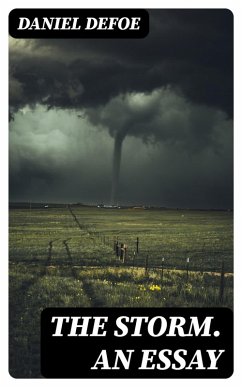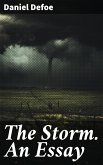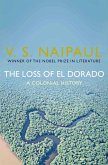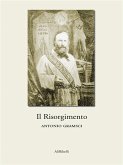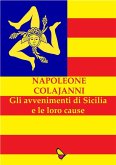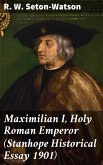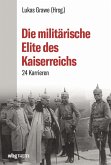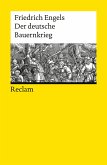In 'The Storm. An Essay' by Daniel Defoe, the author presents a detailed account of a devastating storm that hit the southern coast of England in 1702. Defoe's writing style is characterized by its journalistic approach, vivid descriptions, and attention to detail, which immerse the reader in the chaos and destruction wrought by the storm. This work falls within the genre of natural disaster literature and can be seen as a precursor to modern journalism and disaster reporting. Defoe's firsthand account provides valuable insights into the impact of extreme weather events on society and the environment during the 18th century. His meticulous observations and analysis offer a unique perspective on historical weather patterns and their consequences. Readers interested in early modern literature, journalism, or environmental history will find 'The Storm. An Essay' a captivating and informative read that sheds light on the power of nature and the resilience of human communities in the face of disaster.
Dieser Download kann aus rechtlichen Gründen nur mit Rechnungsadresse in A, B, BG, CY, CZ, D, DK, EW, E, FIN, F, GR, H, IRL, I, LT, L, LR, M, NL, PL, P, R, S, SLO, SK ausgeliefert werden.

